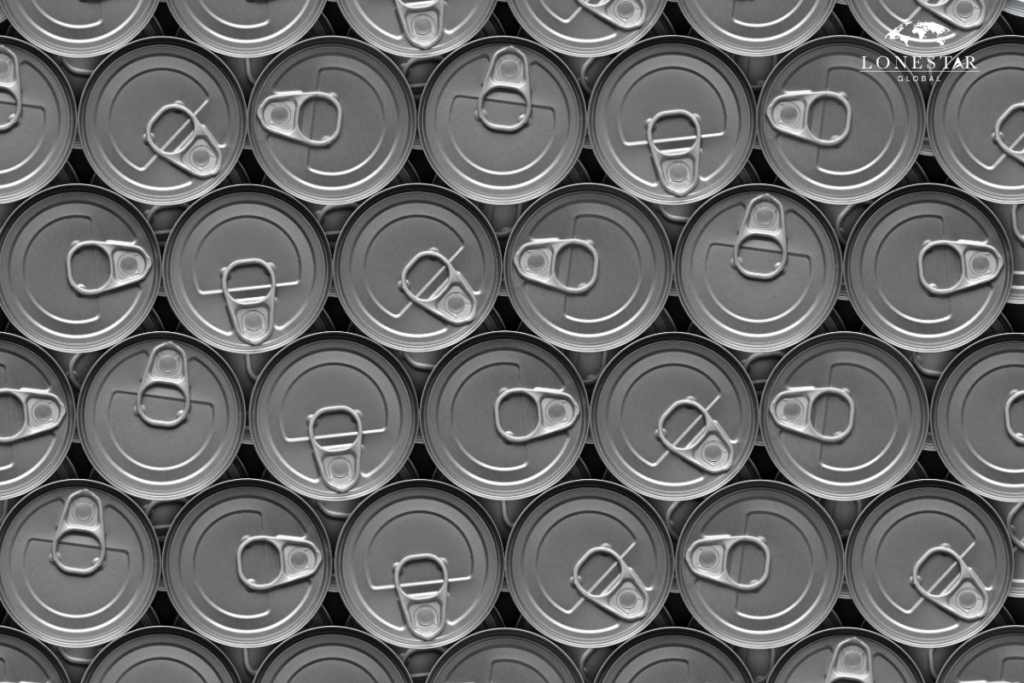Reusability
Packaging that serves another purpose is always enticing for consumers. Additionally, being eco-friendly is a great way for people to connect with your brand. Not only does it provide an extra reason for shoppers to reach for your product on the shelf, it’s an added bonus to extending brand exposure far longer. Tin packaging is the perfect go-to material for achieving this.
Durability
Plastics generally have a short useful life compared to metals. This short life cycle results in pile-ups of unwanted garbage in the office, home or waste yards. Although some plastics of the plastics are recycled, most retain uncollected in dump sites and pollute the environment. Metal on the other hand, can be used time and time again.
Sustainability
Metal is a uniquely sustainable material because it can be used, forever. Metal is infinitely recycled, so the investment making steel is never wasted and can be capitalised on by future generations. Metal packaging and closure made of aluminium and steel are 100% suitable for recycling. Recycling can be performed any number of times without any loss of material quality.
Environmental
Consumer packaging accounts for the largest amount of plastic and paper waste, which forms 20 percent of all landfills. Disposing food packaging reintroduces waste into the ecosystem, which has negative effects. Plastic is full of toxins that are either carcinogenic or affect the reproductive system. Additionally, most packaging is not biodegradable and affects the existence of both humans and animals, including marine life.



